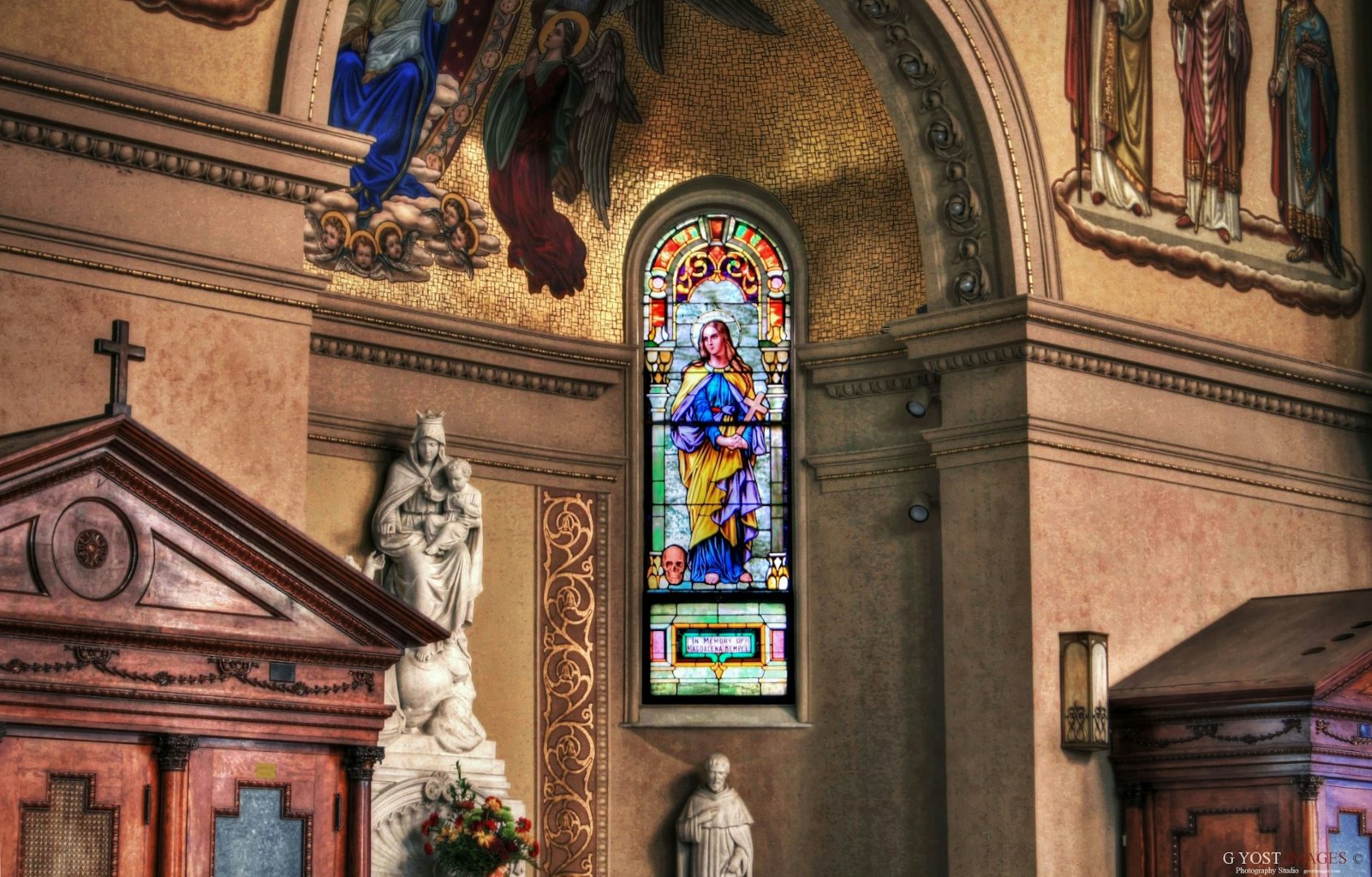Introduction
St. Francis of Assisi, born Giovanni Francesco Bernardone in 1182, is one of the most beloved and influential saints in the history of Christianity. Known for his profound love of God, nature, and the poor, he founded the Franciscan Order and inspired countless others to follow in his footsteps.
Early Life and Conversion
Francis was born into a wealthy merchant family in Assisi, Italy. In his youth, he indulged in worldly pursuits and lived a carefree life. However, during a time of crisis, he experienced a profound conversion. After a vision of Jesus calling him to abandon his former life, Francis renounced his wealth and status and embraced a life of poverty and service.
Foundation of the Franciscan Order
In 1209, Francis gathered a group of like-minded followers and founded the Franciscan Order. The order, officially known as the Order of Friars Minor, emphasized poverty, humility, and service to the poor. Francis believed that by imitating the life of Jesus, his followers could bring God’s love and compassion to the world.
Love of Animals and Nature
Francis had a deep love for all living creatures. He preached that animals were God’s creatures and deserved to be treated with respect and kindness. The famous story of St. Francis preaching to the birds is a testament to his reverence for the natural world.
Poverty and Humility
Francis believed that poverty was essential for following Christ. He called on his followers to give up all material possessions and live in dependence on God’s providence. He saw humility as a virtue that helped people overcome pride and selfishness.
Stigmata and Miracles
In 1224, Francis received the stigmata, the wounds of Christ’s crucifixion, on his hands, feet, and side. This extraordinary event is believed to have been a sign of his deep union with Christ. Francis also performed numerous miracles, including healing the sick and raising the dead.
Later Life and Death
As Francis grew older, he faced increasing physical ailments. However, he continued to preach and inspire his followers. He died in 1226, at the age of 44. Francis was canonized two years later by Pope Gregory IX.
Legacy and Impact
St. Francis of Assisi left an enduring legacy that has inspired countless people throughout history. His emphasis on poverty, humility, and love of nature has influenced both religious and secular institutions. The Franciscan Order continues to thrive today, with millions of members worldwide.
Key Aspects of St. Francis’s Life and Teaching
- Love of God and Imitation of Christ
- Poverty and Reliance on Divine Providence
- Humility and Rejection of Pride
- Service to the Poor and Lepers
- Love of Animals and Respect for Nature
- Importance of Contemplation and Prayer
- Emphasis on Community and Brotherhood
- Call to Preach the Gospel to All
Prayer to St. Francis of Assisi
Lord, make me an instrument of your peace.
Where there is hatred, let me sow love;
Where there is injury, pardon;
Where there is doubt, faith;
Where there is despair, hope;
Where there is darkness, light;
Where there is sadness, joy.
O Divine Master,
Grant that I may not so much seek to be consoled as to console;
To be understood as to understand;
To be loved as to love.
For it is in giving that we receive;
It is in pardoning that we are pardoned;
And it is in dying that we are born to eternal life.



